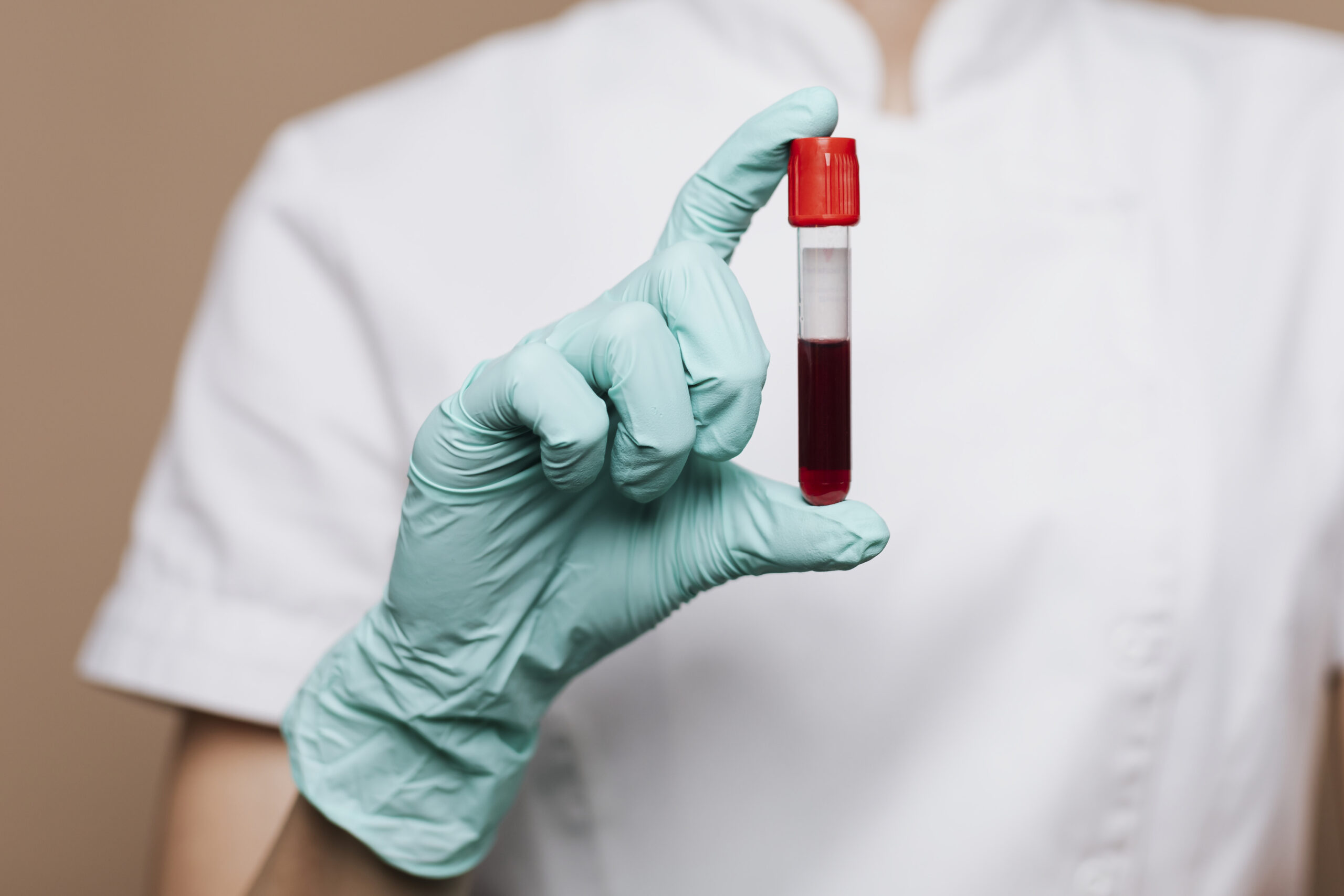Learning more about Blood Donation: Understanding the Eligibility Criteria

Blood donation is a critical component of healthcare, providing essential support for patients undergoing surgeries, suffering from chronic illnesses, or dealing with traumatic injuries. However, not everyone is eligible to donate blood. Understanding the criteria for blood donation is vital to ensure the safety and well-being of both donors and recipients.
*1. Age Criteria*
Most blood donation organizations require donors to be at least 16 years old, though some may allow those as young as 14 with parental consent. The upper age limit for donation varies widely; many organizations accept donors up to age 70 or older, provided they meet other health-related criteria. Donors need to check specific guidelines based on their local blood donation center.
*2. Weight Requirements*
Weight plays a crucial role in blood donation eligibility. Generally, donors must weigh at least 110 pounds (50 kilograms) to donate whole blood. This guideline helps ensure that the donation does not adversely affect the donor’s health. Heavier individuals can often donate more blood, but each center may have specific volume limits based on weight and other health factors.
*3. Good Health*
Donors must be in good overall health on the day of donation. This includes feeling well and being free from illness or infection. Blood donation centers often conduct a health screening, which may include taking the donor’s blood pressure and hemoglobin levels to assess fitness for donating. Individuals with chronic illnesses or conditions affecting blood health may be temporarily or permanently deferred from donating.
*4. Pregnancy and Menstruation*
Pregnant individuals are typically advised not to donate blood for the duration of their pregnancy. Postpartum women may be eligible to donate after a certain period provided they are not experiencing complications and have received medical clearance. Additionally, women who are menstruating can donate blood, but they may be encouraged to monitor their iron levels and overall health.
*5. Travel History*
Donors who have recently traveled to areas with endemic diseases may be deferred from donating blood. For example, recent travel to countries with a high risk of malaria or Zika virus can affect eligibility. Blood donation centers generally recommend waiting a specific period after returning from such areas before donating.
*6. Lifestyle Factors*
Certain lifestyle factors, such as recent tattoos or piercings, can also impact eligibility. Many organizations require a waiting period of 3 to 12 months following any non-medical tattoo, depending on local regulations. Donors should also refrain from alcohol consumption 24 hours before donating.
*7. Medications and Health Conditions*
Some medications can disqualify individuals from donating blood temporarily or permanently. For example, those taking anticoagulants or certain blood pressure medications might be deferred. Potential donors need to disclose any medications they are taking during the health screening process.
*Conclusion*
In summary, the eligibility criteria for blood donation involve age, weight, overall health, pregnancy status, travel history, lifestyle choices, and medications. Each blood bank may have specific regulations, so it’s advisable to check with local authorities or organizations before attempting to donate. Blood donation is a generous act that can save lives, so understanding these criteria helps ensure a safe and effective donation process for everyone involved.
(Note: This article briefly overviews the subject and does not substitute medical advice. If you suspect you may require more information, consult with a healthcare professional.)



